…and Picture Of The Year:
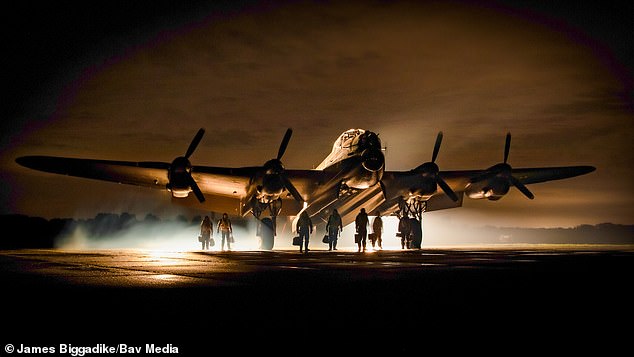

…and Picture Of The Year:

Normandy beaches, June 6, 1944.
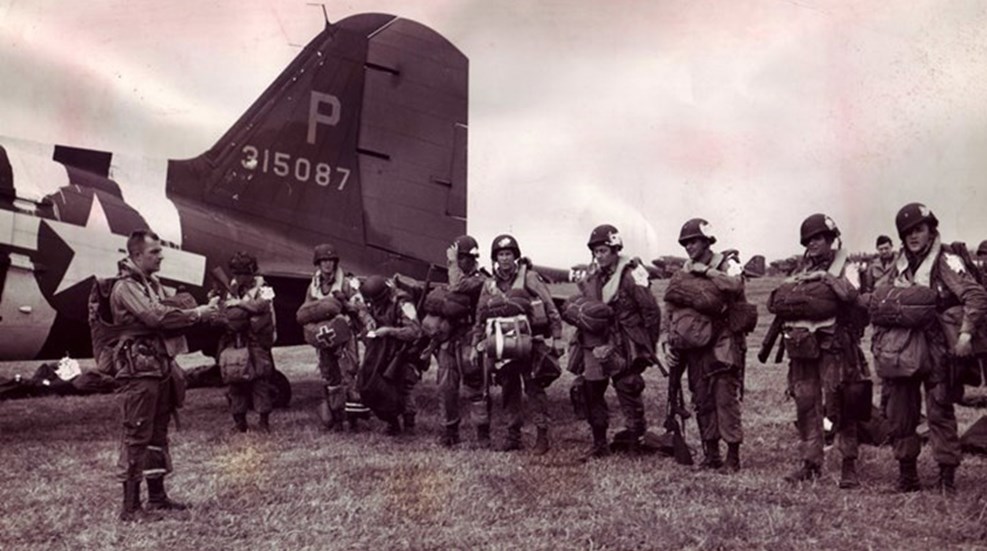
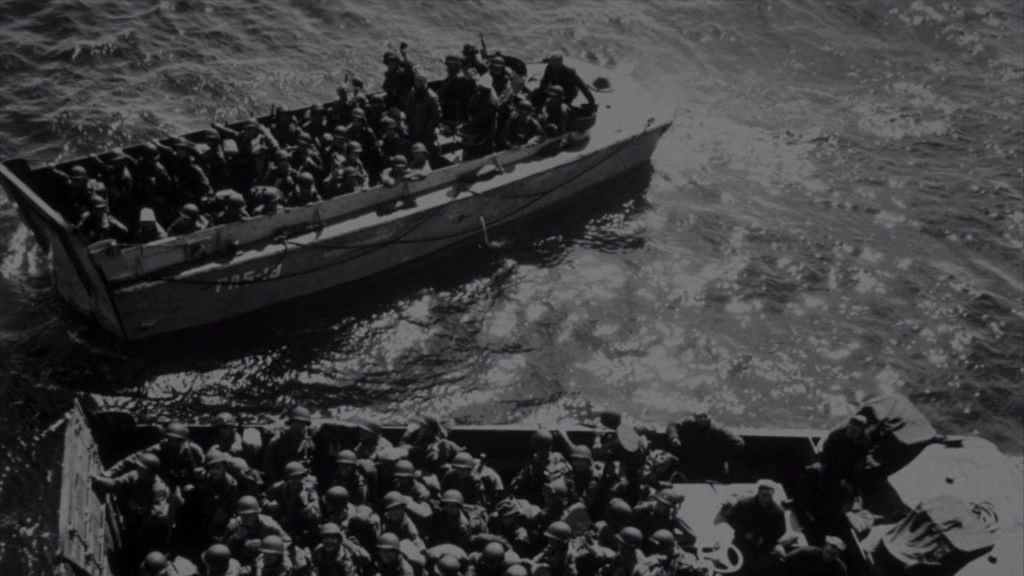
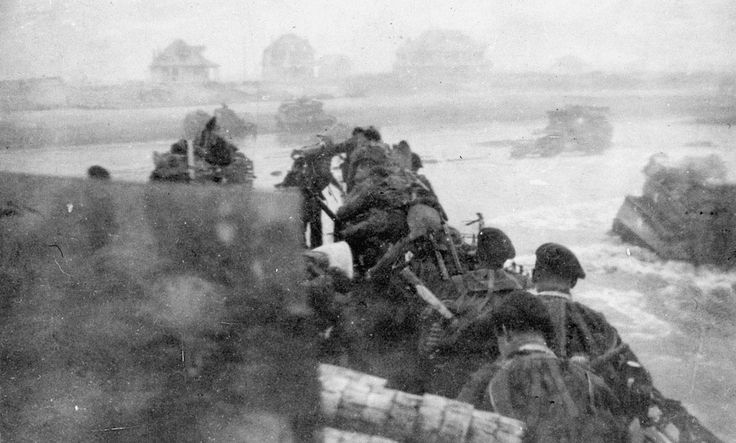
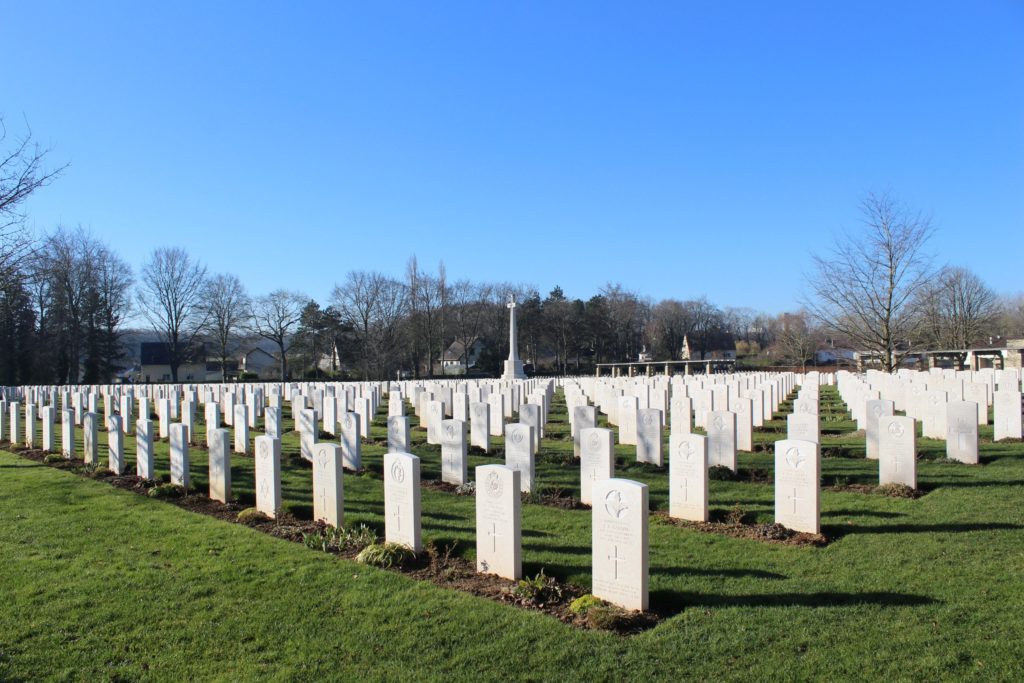
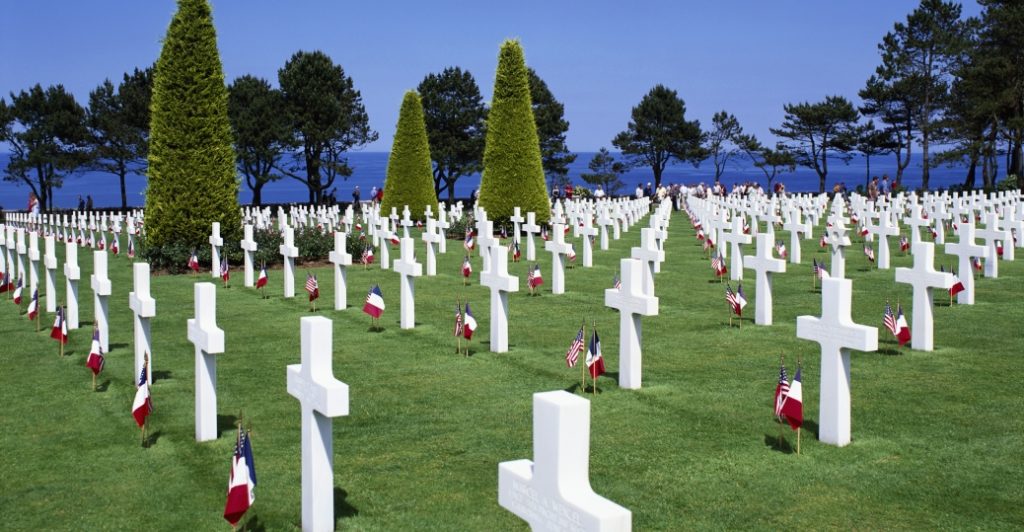
We will remember them.
About once a month, the Fiend Mr. Free Market sends me listings of guns which he (rightly) thinks will make me drool. Here’s one, from Holt’s Auctions, an exquisite double rifle in .303:

However, what grabbed me was not the gun, but an anecdote and observation (bold) from its onetime owner the Duke of Portland:
The Portlands received Archduke Franz Ferdinand of Austria at Welbeck Abbey for a week in 1913 when the heir to the Austro-Hungarian throne visited England. During the stay he took the Archduke shooting on the estate when, according to Portland’s memoirs, Men, Women and Things:
“One of the loaders fell down. This caused both barrels of the gun he was carrying to be discharged, the shot passing within a few feet of the Archduke and myself. I have often wondered whether the Great War might not have been averted, or at least postponed, had the Archduke met his death there and not at Sarajevo the following year.“
Fascinating thought.
Over the years, many people have written to me asking about early South Africa, and more specifically about the Boer War (or, as the Boers called it, the Vryheidsoorlog, or [Second] War of Freedom) from 1899-1902.
A few days ago, I found an old 1992 documentary on BoobTube, and it’s not bad — only just a tad over an hour — and it covers the period quite well, and impartially. So that’s your weekend viewing assignment. (There will be a test.) If any questions of history remain, write to me and I’ll put the answers up in a follow-up post next weekend, when I’ll talk about my family’s relationship to the war.
There are three books I’ve always recommended on the topic: Rags of Glory by Stuart Cloete, and the book it’s partially based on, a campaign journal called Kommando written by Deneys Reitz, a wartime Bitter-Ender (you’ll get that explained in the video above) who went on to become the Deputy Prime Minister of the unified South Africa. Both are absolutely brilliant — Cloete’s book also incorporates a view of the Boer War from the British perspective, and it’s both accurate and illuminating.
The third — an actual history book — is The Boer War by Thomas Pakenham, generally regarded as the sine qua non of historical sources for the conflict. Written during the late 1980s, it’s devoid of any hint of the political correctness which infests later works on the topic.
Enjoy.
Every single year, we are subjected to what I call the “Anniversary Wails” of the peaceniks — said anniversaries being those the destruction of Hiroshima, Nagasaki, Dresden, etc. during the later stages of WWII.
“O how horrible!” they kvetch and moan, “We dropped big bombs on helpless pore civilians of the German / Japanese persuasion!”
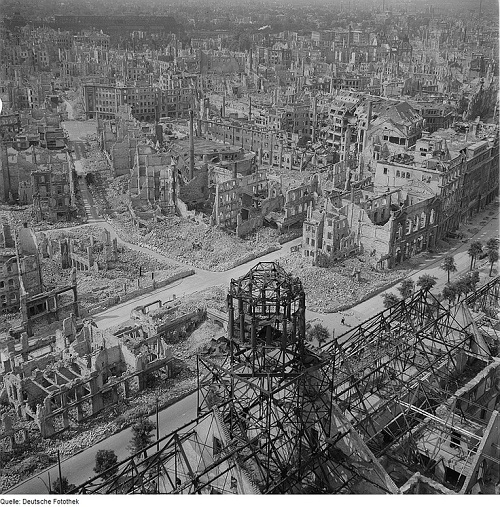
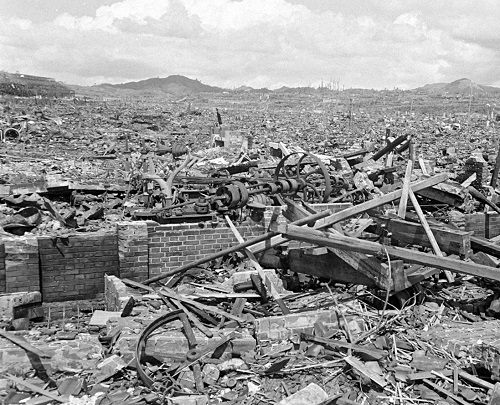
I find it interesting that we never acknowledge, for example, the anniversaries of the flattening of Warsaw (September 25, 1939, in case anyone’s interested) or the bombing of Rotterdam by Hitler’s Luftwaffe (May 14, 1940, showing that Warsaw was no fluke). The Japanese never got into the mass bombing of cities to the same degree that the Nazis did, other than a few Chinese cities like Nanking, but they made up for it by other kinds of savagery, as did the Germans by, for example, strafing columns of civilian refugees in Holland, Belgium and northern France.
In any event, I find this annual breast-beating and clothes-rending about bombing the shit out of German and Japanese cities quite boring and tiresome, for one simple reason:
They started it.
As far as I’m concerned, they deserved every single bit of shit that rained out of the skies onto their totalitarian, barbarous asses.
Every time someone wails about Germans being burned to death by RAF or USAAF bombs, just cast your minds back to all those old black-and-white newsreels of Hitler parading through German city streets, said streets being lined by tens of thousands of cheering… civilians.
And make no mistake: had New York or San Francisco been closer to Europe and Japan respectively, and had the Nazis or Japs possessed nuclear weapons, they would have used them on us without a second thought. To believe otherwise is to be ignorant of history.
Once again, the simple rejoinder is: “Fuck ’em. They started it.”
From Mr. Free Market comes this observation:


As I pointed out to him in my reply, it goes deeper than that. In the old days, people used to leave their back doors open so the deliveryman could check the supplies of milk, butter and eggs in the fridge, and refill as needed.
I leave it to everyone’s imagination as to what would happen should such a service be reintroduced in Britishland today. (Or, for that matter, in any urban center in the U.S.A.)